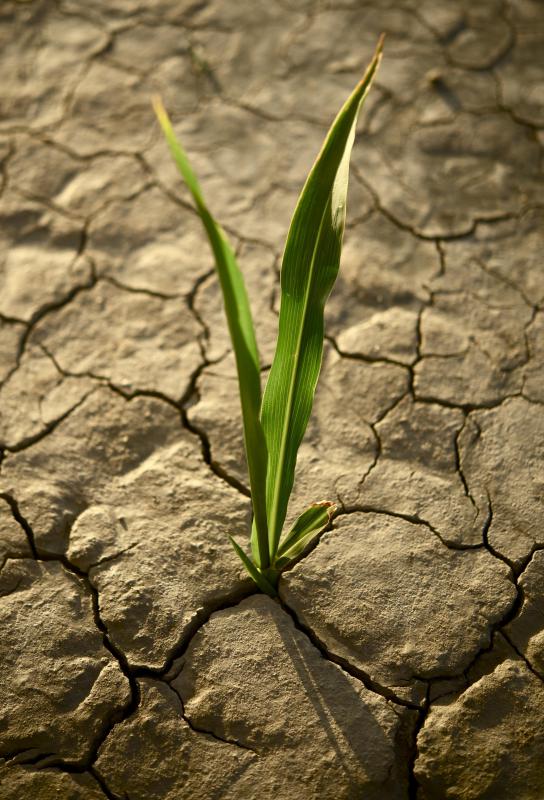At WiseGEEK, we're committed to delivering accurate, trustworthy information. Our expert-authored content is rigorously fact-checked and sourced from credible authorities. Discover how we uphold the highest standards in providing you with reliable knowledge.
What is Groundwater Management?
Groundwater management refers to the development and implementation of protocols to preserve and protect groundwater resources. This study includes several major areas of concern, addressing issues such as groundwater remediation and pollution control, the monitoring of water usage and the prediction of future problems with local water reservoirs through a process called groundwater monitoring. While the use of groundwater management plans is of particular importance in places with limited supplies of available drinking water, such as arid and desert regions, these protocols are also important to water-rich areas to prevent pollution and degradation of the local water supply as well as curtailing waterlogging in these areas.
Groundwater is defined as water that is held below the surface layer of the earth. These underground reservoirs are often fed by subterranean springs or water that has seeped into the soil and rock from rainwater or above-ground bodies of water. Groundwater is harvested from the earth by wells.

The underground aquifer system is a delicately balanced ecosystem that can be affected by a large number of external influences. During times of localized drought, the groundwater supply of a region may be drastically reduced. Pollution caused by agriculture or other sources can seep into the local groundwater supply, contaminating it and making it unsafe for consumption or use. Periods of heavy rainfall can lead to an overabundance of groundwater, creating a condition known as waterlogging, which may lead to flooding. The purpose of groundwater management and groundwater modeling is to study these effects on the local aquifer and intercede before problem situations arise.

The protocols used for groundwater management vary from one location to another based upon the particular needs of the local aquifer. In dry regions or areas that are affected by a local drought, water rationing is sometimes implemented. In areas where heavy rainfall has created the potential for waterlogging and flooding, opening downstream floodgates of dams along rivers and streams may eliminate some of the water that could otherwise find its way into the underground aquifer system. In areas where agriculture or construction is creating the potential for pollution of the underground water supply, restrictions may be enforced on the types of chemicals or fertilizers that can be used, or specialized pollution control methods may be adopted.
It is possible to preserve the aquifer in a usable state by using groundwater management techniques to protect local water supplies. When these protocols are not used or used incorrectly, damage to the local aquifer can occur in the form of pollution, water shortages or other problems. When this damage becomes severe, it may be necessary to discontinue the use of local wells or use other groundwater remediation practices to bring the local water supply back to a healthy state of operation.
AS FEATURED ON:
AS FEATURED ON:












Discuss this Article
Post your comments